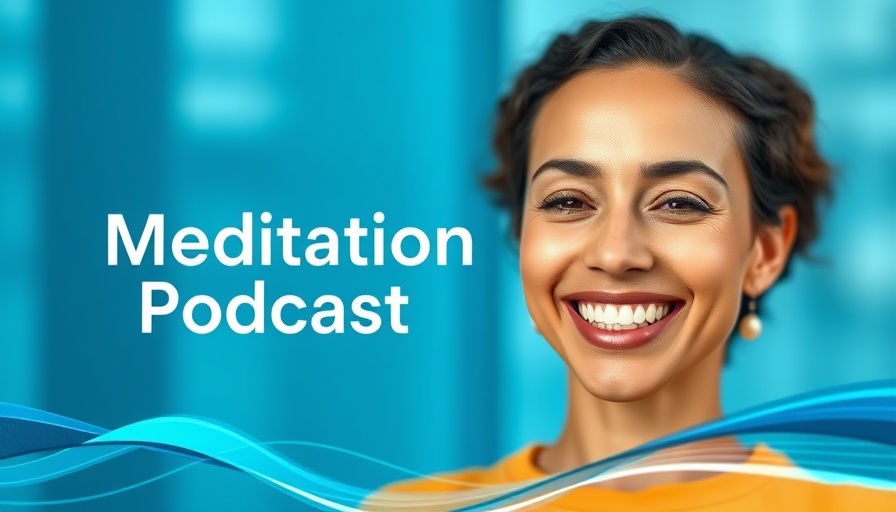
Understanding the Uneasy Gift of Privilege
Privilege often surfaces as a hot-button topic, igniting passionate discussions in myriad settings—from workplaces to classrooms. It’s a term that can simultaneously illuminate hidden truths and provoke unease among those suddenly confronted with its implications. The notion that some individuals experience systemic advantages while others are intentionally kept in the shadows creates a fertile ground for healthy conversation, but it can also lead to defensiveness and blame.
What Privilege Really Means
Many of us may claim to understand privilege, yet discussions often reveal a deeper question that challenges our perceptions: Can we truly disentangle the concept of privilege from rights? When posed the question, “Would you relinquish your privilege?” many emphatically say yes, until we probe the question further.
Consider this: Would you give up the freedom to walk your neighborhood without fear of being harassed? Would you trade the ability to secure housing without the parameters of race or class clouding your application? Reflecting on these questions often reveals an unsettling truth: what many perceive as ‘rights’—freedom, equality, opportunity—are all too often treated as aspirational or contingent, rather than guaranteed.
Redefining Rights versus Privileges
This dialogue can be particularly uncomfortable. When we recognize that the rights we hold dear aren’t equally accessible to all, we must reconsider how we view privilege itself. Some participants argue that the very framing of these issues deserves critical examination. Rather than viewing rights and privileges as distinct concepts, we should acknowledge that basic human rights have been denied to many, creating an illusion where privilege appears as a societal default for some.
The Impact of Wealth on Justice
Critical perspectives draw our attention to the relationship between privilege and wealth—an essential lens in understanding injustice in North America. This perspective posits that the inequities seen in society stem predominately from economic disparities. Yet, the intersectionality of identity and class cannot be ignored; race, gender, and sexuality increasingly shape wealth access. Ignoring these connections simplifies complex realities to a singular narrative, one that doesn’t encompass the multifaceted nature of oppression.
Cultural Norms and Perceptions of Comfort
Rosa Luxemburg famously noted, “Those who do not move, do not notice their chains.” This perspective resonates within discussions of privilege. Often, those who benefit from privilege may remain oblivious to the systematic barriers faced by others. As comfort is normalized, inequity can masquerade as merit, allowing privilege to perpetuate itself within societal structures unnoticed.
The Path Forward: A Journey of Understanding
As we navigate this complex conversation about privilege, it becomes paramount to blend empathy with actionable insights. Engaging with those who have experiences distinct from our own can enrich our understanding of how privilege operates within various contexts. Finding common ground involves listening, learning, and acknowledging these complex truths while fostering an environment conducive to change.
Moving Toward Solutions
For many professionals and families striving to cultivate a more equitable environment, the first step is recognizing the multifaceted dimensions of privilege. Encouraging open dialogues within workplaces, schools, and families can lead to increased awareness and commitment to addressing disparities. This shift should not only aim for awareness but also inspire action that leads to tangible changes in policies and practices that uphold equality.
Final Thoughts: The Gift of Privilege in Perspective
Ultimately, privilege is a layered concept that demands ongoing contemplation. If we wish to foster a more just society, it is crucial for us to disentangle the complex threads woven into the fabric of privilege, rights, and equity. As we engage in these necessary dialogues, we open pathways toward better understanding and mutual respect. This is not an easy journey, but it is one worth taking for the sake of justice and dignity.
Call to Action: As you reflect on these themes, consider how privilege manifests in your life and the lives of those around you. Engaging in open discussions and educating ourselves is a vital step toward fostering a society where every individual can thrive—free from the constraints of privilege.
 Add Row
Add Row  Add
Add 




Write A Comment